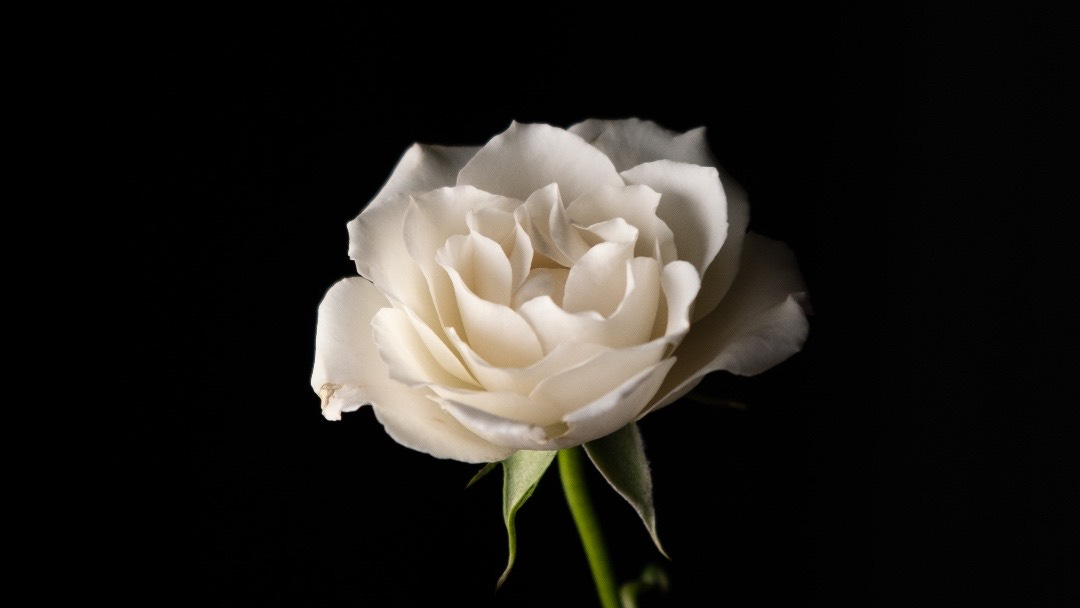Last night, I wrote about Sophie Scholl and the resistance movement The White Rose (you can read it here). Today, it was 80 years ago that she, her brother Hans, and their friend, Christoph Probst, were executed by her fascist fellow countrymen in Nazi Germany for distributing pamphlets.
"Somebody, after all, had to make a start," Sophie defiantly told the judge. And she is often quoted saying
"what does my death matter if by our acts thousands are warned and alerted?"
That is why I wrote about her. She is a powerful example of resistance to fascism. And unfortunately, we need inspiration these days for resistance against fascism. It has mutated but is still a weed that needs to be rooted out of society. It appeals to those who have never learned from history. I write and tweet about the horrors of fascism because we need to learn from our past. And that all starts by knowing about the mistakes made by previous generations.
Reading more about Sophie Scholl reminded me of another young German woman in the Second World War: Hitler's secretary, Traudl Junge. More specifically, I thought about a scene at the end of the movie "Der Untergang." You may know it under the title "Downfall," about the last days of Nazi Germany, in late April and early May 1945, in Hitler's bunker in Berlin. In the movie's final scene, the real Traudl Junge, whose book inspired the film, reflects on the choices she made as a young woman:
"Of course, the terrible things I heard from the Nuremberg Trials, about the six million Jews and the people from other races who were killed, were facts that shocked me deeply. But I wasn't able to see the connection with my own past. I was satisfied that I wasn't personally to blame and that I hadn't known about those things. I wasn't aware of the extent.
But one day, I went past the memorial plaque which had been put up for Sophie Scholl…, and I saw that she was born the same year as me, and she was executed the same year I started working for Hitler. And at that moment, I actually sensed that it was no excuse to be young and that it would have been possible to find things out."
I just found her book again, on my shelves, with books about the Second World War. Since my student days, I have marked any book I thoroughly read with a note on the last page. Here it only said; Vienna, Juli 24, 2005. It was 18 years ago, but I remember the reference to Sophie Scholl. The movie follows the book so closely that I just had to pick the last pages to find the same scene as at the movie's end. But the book is more extensive.
It describes Junge's depressions that have plagued her since the mid-1960s. She felt like a failure for a long time for having taken the wrong path. Even worse, she let life flow over her instead of taking it into her own hands at decisive moments.
I translate here from the Dutch version of her book: "Only later does she [Junge] relate her depression to the atrocities of the Nazi regime, which are in stark contrast to her own, perceived as an innocent, role in the Third Reich. Her feelings of guilt become more and more concrete - and then suddenly the alibi, which had been so reassuring for a long time, 'You were so young,' is also done."
Then comes the reference to Sophie Scholl. Junge said she realized that Sophie Scholl was executed in the year that she started working for Hitler. Sophie Scholl was also initially in the Hitlerjugend, a year younger than her, and Sophie immediately realized that she was dealing with a criminal regime.
And here is the lasting power of Sophie Scholl's brave choices; Traudl Junge said:
"There went my apology."
I frequently write about leadership, which is often a disappointment at a time when we face existential risks that need to be addressed urgently. Collectively we have failed to take the proper measures in time. It takes brave and independent thinkers to inspire others; these moral leaders can be surprisingly young.
I believe today's young people should know about Sophie. And perhaps also about Traudl Junge as an example of someone who didn't stand up against injustice.
Like so many others.
If you got this far, please read this too:
I write this newsletter because I believe that together we can do better on this beautiful but fragile planet.
If you are a paying subscriber: thank you for your support!
If you are not, please consider supporting this initiative by taking a paid subscription.








An example that it's never too late to learn, to understand, to change your mind.
Junge “let life flow over her instead of taking it into her hands at decisive moments.” We must all learn from the tragedy of those mistakes. Summon our courage to act when needed. Two opposite stories, so well done. Thank you, Alexander.